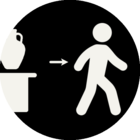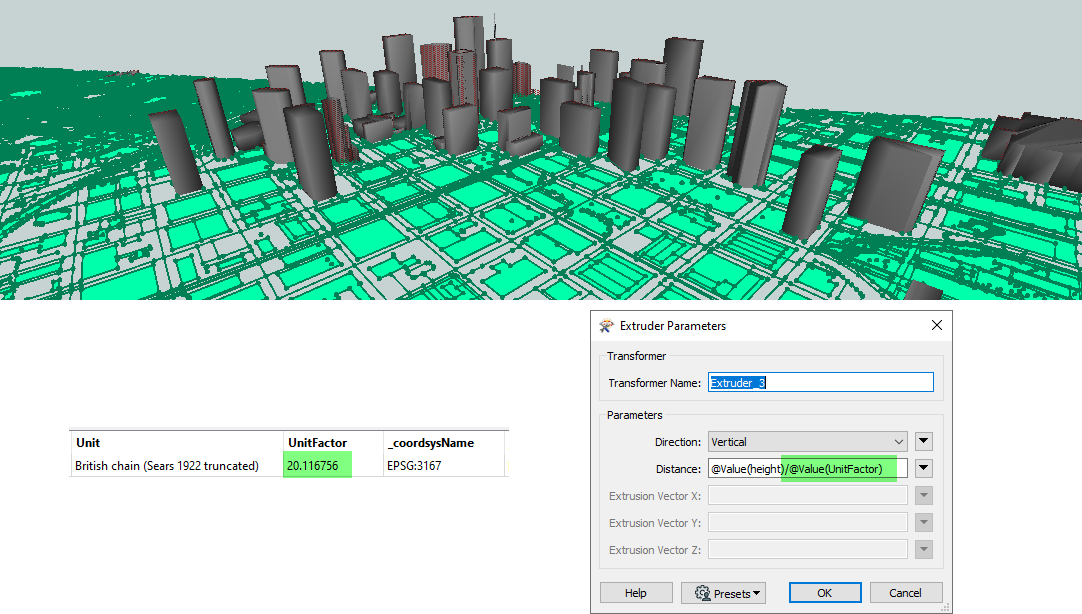So in the Coordinate System Gallery, one can see what units that coordinate system uses (ex: foot, meter, etc.). I need to access the unit of the picked system programatically so I can perform conversions if needed, but I don't see this information available as a feature attribute or property. Is this possible in any way, perhaps with some custom python? Thanks.
Best answer by dbaldacchino1
View original





